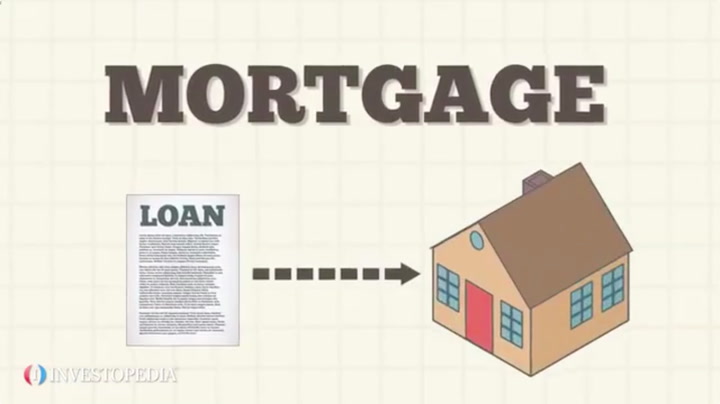Getting a mortgage can be a breeze or a slog, depending on what you know about the process. To get organized and set your expectations appropriately, let’s debunk some common mortgage myths.
Lenders Use Your Best Credit Scores

If you are applying for a mortgage jointly with a co-borrower, logic suggests that your lender would use the highest credit score between both of you. However, lenders take the middle of two credit scores (from Equifax and TransUnion) for each borrower and then use the lowest score between borrowers’ middle scores. So, if you had an average score of 780 and your co-borrower had an average of 660, most lenders would qualify and approve you using the 660 credit score.
Rates are tied to credit score, so in this example, your rate would be based on the 660 credit score, which would push your rate up significantly – or potentially even make you ineligible for the loan.
There are exceptions to this lowest-case credit score rule. Most notably, if you have the higher credit score and are also the higher earner, some lenders will allow your higher credit score on the file – but this is mostly for jumbo loans above $417,000.
Ask your lender about exceptions if you have credit score disparity between co-borrowers but also know that these exceptions are rare.
The Rate You Are Quoted Is the Rate You Will Get
Unless you are locking in a rate at the moment it is quoted, that rate can change. Rates are tied to daily trading of mortgage bonds, so most lenders’ rates change.
Refinancers can often lock a rate when it is quoted – as long as you have given your lender enough information and documentation to determine if you qualify for the quoted rate.
You typically receive a quote when you begin your pre-approval process but a rate lock runs with a borrower and a property. So, until you have found a home to buy, you cannot lock your rate and while you are home shopping, rates will be changing. You will need updated quotes from your lender throughout your home shopping process.
Rate quotes also come with an Annual Percentage Rate (APR), a federally required disclosure that shows your rate if all loan fees are incorporated into the rate. This can make you think that APR is the rate you will get but your loan payment will always be based on your locked rate and the APR is just a disclosure to help you understand fees.
Fixed-Rate Mortgages Are Always Better Than Adjustable-Rate Mortgages
After the 2008 financial crisis, many borrowers started preferring 30 year fixed loans. This is for a good reason too, as the rate and payment on a 30-year fixed loan can never change. However, the longer the rate is fixed for, the higher the rate. So, before settling on a 30-year fixed rate, ask yourself this question: how long will I own this home (or keep the loan) for? Suppose the answer is five years. If you got a five-year Adjustable Rate Mortgage (ARM) instead of a 30-year fixed, your rate would be about 0.875% lower. On a $200,000 loan, you would save $146 per month in interest by taking the five-year ARM. On a $600,000 loan, the monthly interest cost savings is $438.
To optimize your home financing, peg the loan term as close as you can to your expected time horizon in the home.
Real Estate Agents Do Not Care Which Lender You Use

A federal law introduced in 1974 called the Real Estate Settlement Procedures Act (RESPA) prohibits lenders and real estate agents from paying each other fees to refer customers to each other. So, as a mortgage shopper, you are always free to use any lender you choose.
However, real estate agents who would represent you as a buyer do care which lender you use. They will often suggest that you use a local lender experienced with your area’s nuances, such as local taxation rules, settlement procedures and appraisal methodologies.
Likewise, real estate agents representing sellers on homes you are interested in will often prioritize purchase offers based on the quality of loan approvals. Local lenders who are known and respected by listing agents give your purchase offers more credibility.
Let us know in the comment section if you had any of these mortgage misconceptions.



